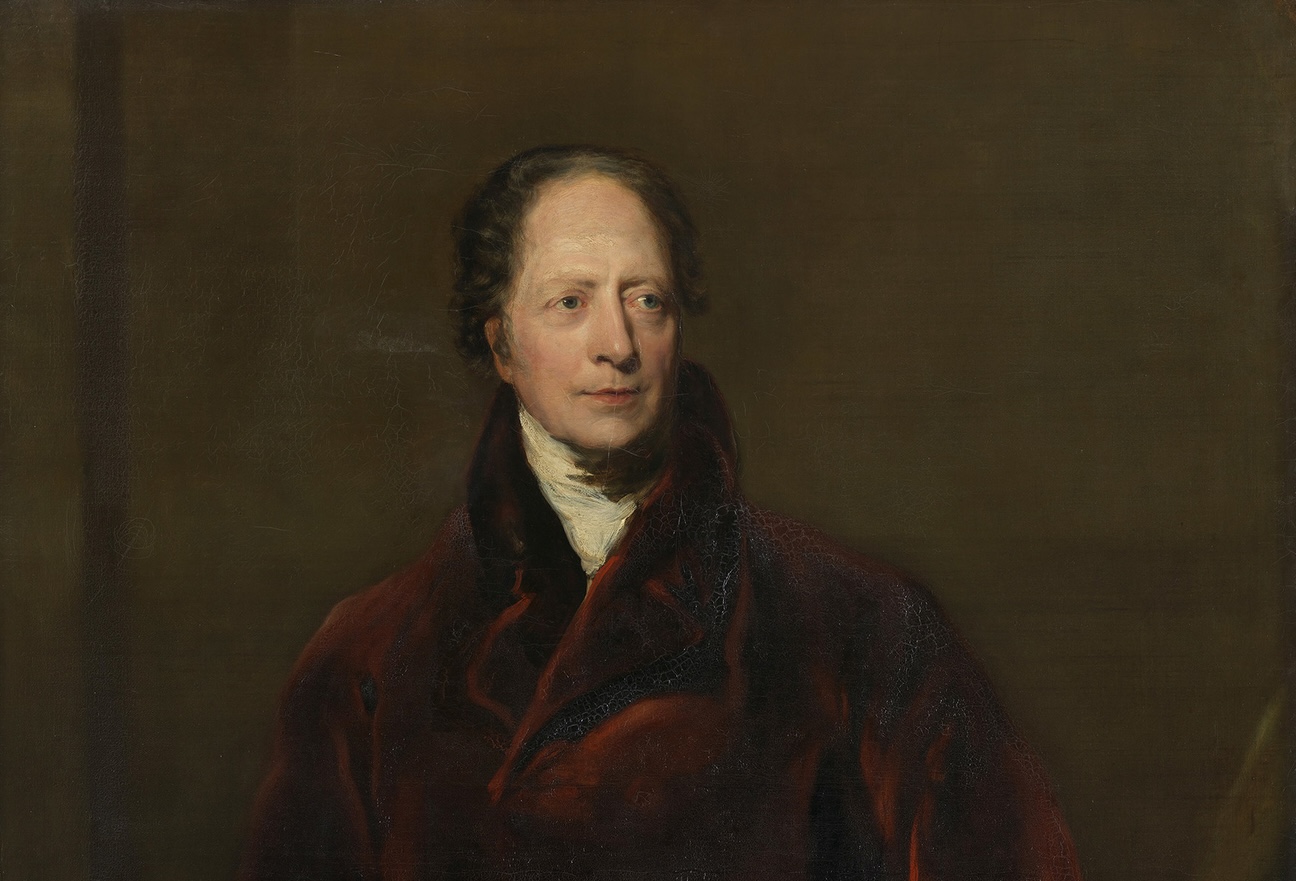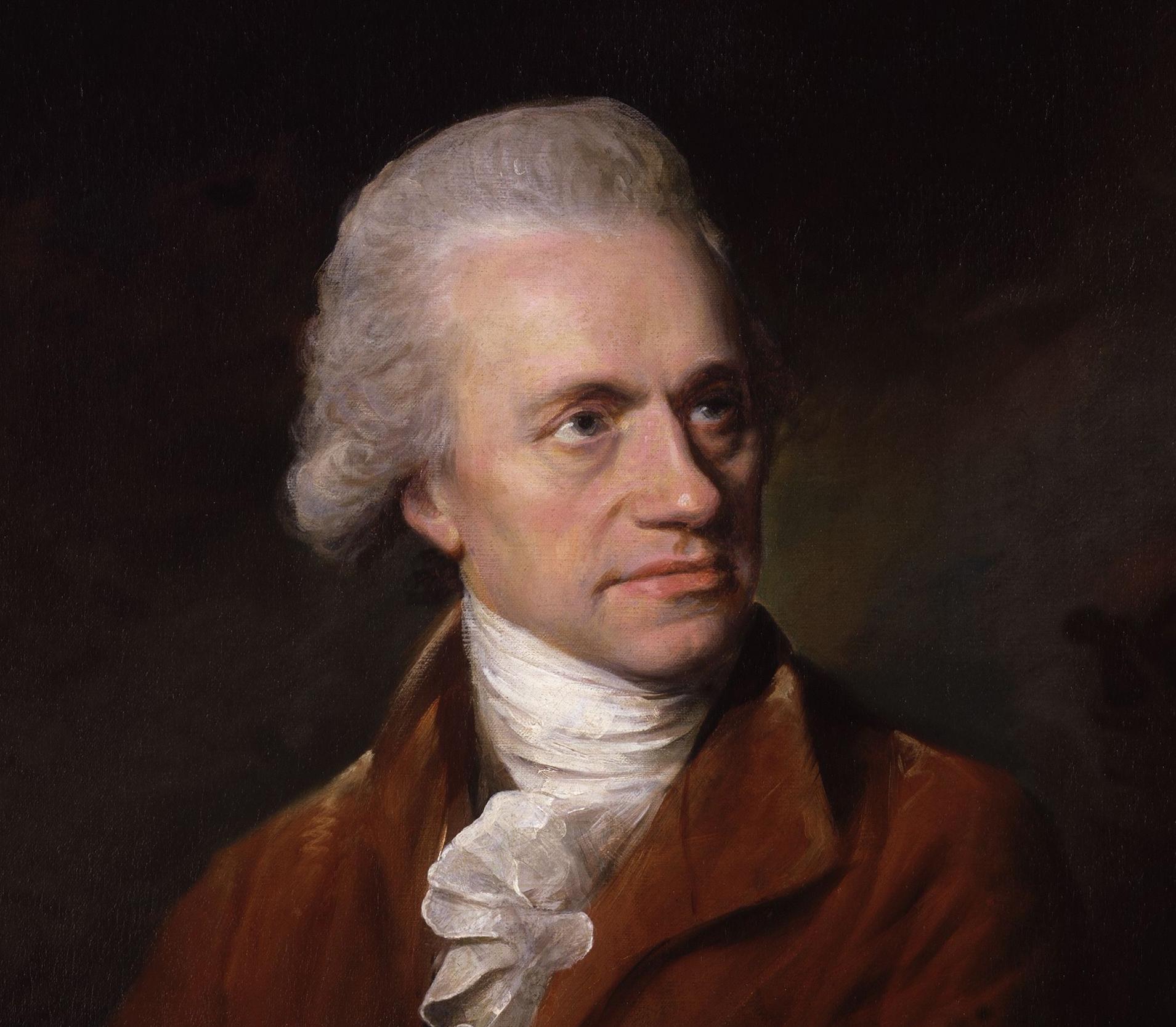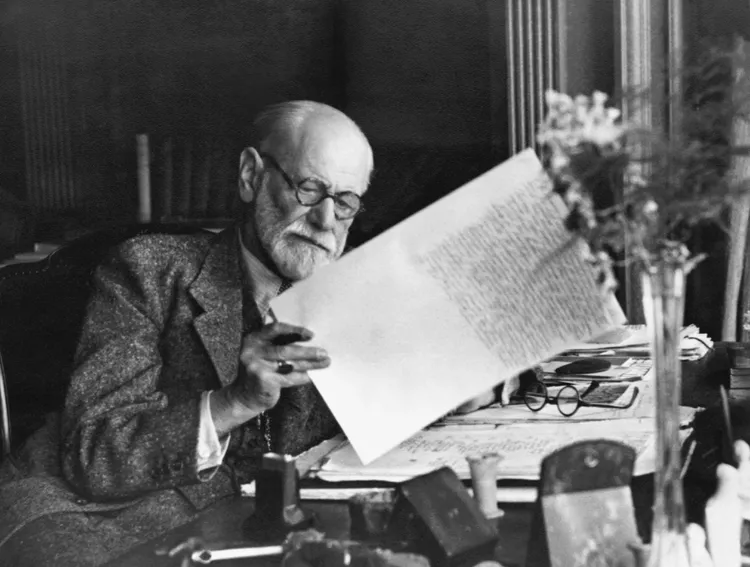When we think of the highest levels of education today — particularly the prestigious PhD — we often picture rigorous research, academic freedom, and the pursuit of knowledge for its own sake. What few realize is that much of this vision can be traced back to a single individual: Wilhelm von Humboldt, the 19th-century German philosopher, linguist, and reformer who redefined the purpose of education for generations to come.
Who Was Wilhelm von Humboldt?
Born in 1767 in Potsdam, Germany, Wilhelm von Humboldt was a polymath — deeply interested in philosophy, language, education, and politics. While his contributions to linguistics and the humanities were vast, his most influential legacy lies in his radical reform of the education system.
In 1810, he founded the University of Berlin (now Humboldt University), and with it, introduced a revolutionary idea: the university as a place not just for teaching existing knowledge, but for generating new knowledge through research.
The Humboldtian Model of Education
Humboldt’s educational philosophy was grounded in a few core principles that remain the backbone of higher education today:
Unity of Teaching and Research
For Humboldt, teaching and research were inseparable. A true educator wasn’t just repeating information — they were actively advancing their field and inviting students to join in that process.
Academic Freedom
He championed the idea that both teachers and students should be free to pursue truth wherever it led them, independent of religious, political, or economic pressure. This laid the foundation for the modern notion of academic freedom.
Education for Personal and Intellectual Growth
Rather than training students merely for jobs, Humboldt believed in nurturing the whole human being. Education, in his view, was a lifelong journey of self-cultivation and critical thinking.
The Birth of the Modern PhD
Humboldt’s model inspired a structural change in universities across Germany, and eventually the world. One of the most transformative outcomes was the creation of the modern PhD — a degree based not on teaching ability alone, but on a student’s capacity to conduct original research.
This was a dramatic shift from earlier models of learning, where degrees were more about mastering existing texts. Under the Humboldtian system, earning a doctorate meant contributing something entirely new to human knowledge — a concept that remains central to the PhD today.
A Global Legacy
By the late 19th century, universities in Europe and the United States began adopting Humboldt’s ideas. When Yale University awarded the first American PhD in 1861, it did so following the German model.
Today, Humboldt’s influence is felt in every institution that values:
- The integration of research and teaching
- The cultivation of independent thinkers
- The freedom to explore new ideas without constraint
Conclusion: A Vision That Endures
More than 200 years later, Wilhelm von Humboldt’s vision of education remains as relevant and powerful as ever. Every time a student defends a dissertation, every time a professor balances teaching with research, and every time a university protects the freedom of inquiry, we see the echoes of Humboldt’s philosophy.
He didn’t just reform education — he reimagined it, making the university a beacon of innovation, self-discovery, and the relentless pursuit of truth.


